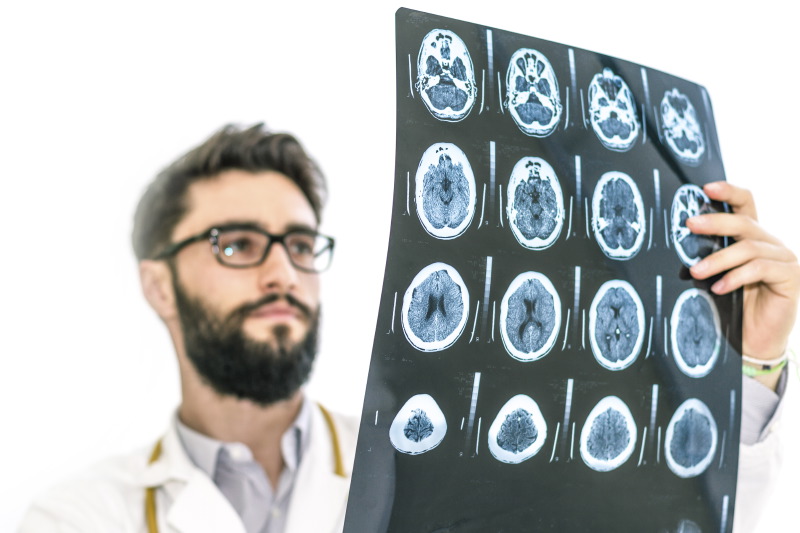
Symptoms to Look For in the Event of a Concussion
Concussions are a type of traumatic brain injury that affects the way in which the brain functions. These are most commonly caused by a blow to the head during participation in a contact sport, or a fall, but can also be caused by violent shaking of the head or upper body.
People often recover from concussions quickly and completely. However, symptoms stemming from a concussion can last for days or weeks following the injury. The following are common symptoms of a concussion, which you should look out for if someone you know might be suffering from a head injury.
Immediate Symptoms
There is a wide variety of immediate symptoms, which are common when someone has experienced a blow to the head severe enough to cause a concussion. These vary from person to person and may depend on the seriousness of the injury.
Immediately after the injury occurs, a person might lose consciousness for a short period of time. When they regain consciousness, they may seem disoriented and complain of a headache, experience dizziness or have trouble remembering what happened. This amnesia often applies only to the memories which surround the event of the injury, altering none of the victim’s long-term memory.
Additionally, within the first few hours of the incident, nausea, vomiting, fatigue and ringing in the ears can occur as common symptoms of a concussion.
Delayed Symptoms
Some concussion symptoms may be delayed or may not begin until days after the event of the injury, which can last for an extended period of time. Following a concussion, some people will experience difficulty concentrating or difficulty regaining memory.
They can also experience personality changes such as irritability and depression. This can sometimes be explained by the possible sleep disturbances that concussions can cause. Other long-term symptoms include sensitivity to light and noise and difficulty with or changes in smell and taste.
Symptoms in Children
When a child experiences a head injury, there are specific symptoms of a concussion you should watch for. Along with common symptoms such as being dazed, irritable or experiencing unsteady walking, smaller children can also exhibit excessive crying or lack of interest in something they used to enjoy.
Other symptoms that a concussion can cause are changes in the child’s sleeping and/or eating patterns, as well as listlessness and a lack of energy.
When to See a Doctor
When a head injury occurs, it is always better to play it safe. If someone experiences such an injury, they should see a doctor in no later than 48 hours, especially if that someone is a child who has experienced a blow to the head.
More severe symptoms, however, require immediate, emergency care. If someone experiences a head injury and loses consciousness for more than 30 seconds, they should seek emergency care. Following the injury, if someone has experienced repeated vomiting, a worsening headache or slurred speech, they should consult a doctor as soon as possible.
Depending on the severity of the injury, seizures, difficulty with physical coordination and pupil dilation can occur, and are also indicative of an emergency. If you would like to lead more information about the symptoms of a concussion, please contact us today for further assistance.



